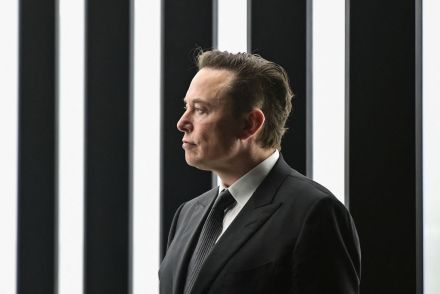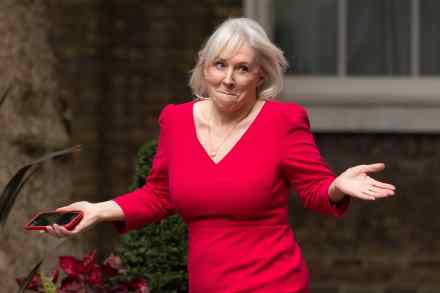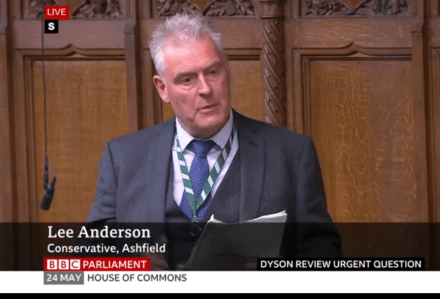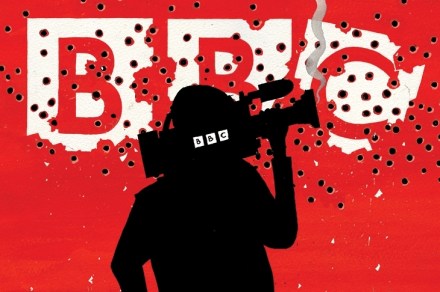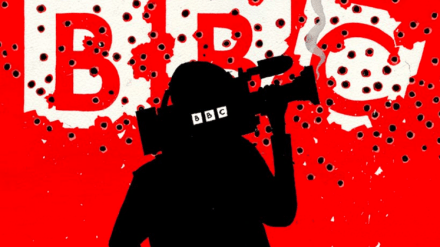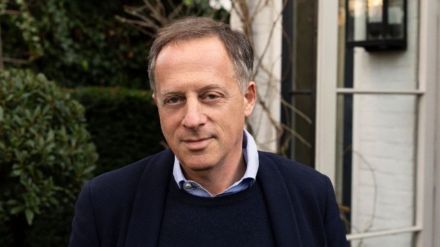Elon Musk is right about BBC funding
The BBC has today been using its various news platforms to protest against being described as ‘government funded’ by Twitter. It has instructed Twitter to remove this insult ‘as soon as possible’ and its journalistic contacts have found a direct link to Elon Musk himself who, we are told, is a ‘fan’ of the BBC. So perhaps a quiet word with the right person in power can overcome this little hiccup. Radio Four even had a ‘debate’ which just featured one interviewee: Mary Hockaday, a former BBC executive. ‘As a BBC journalist, I care about accuracy,’ she said, ‘the simple fact is that to describe on Twitter the BBC as
